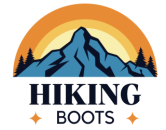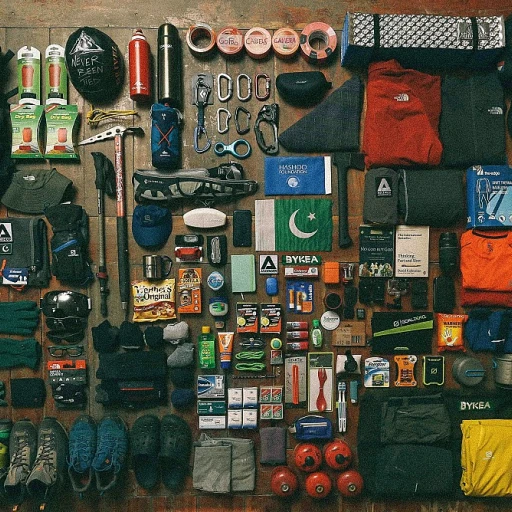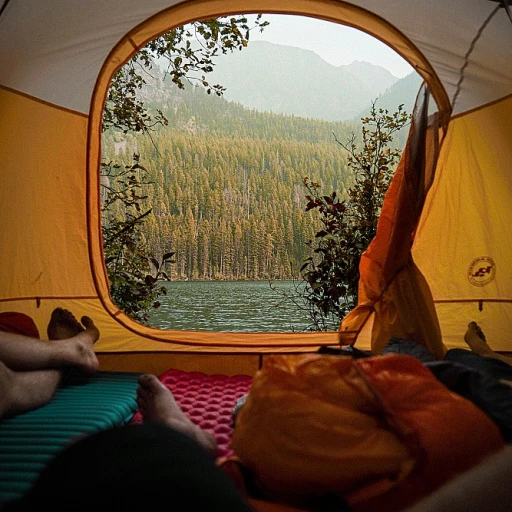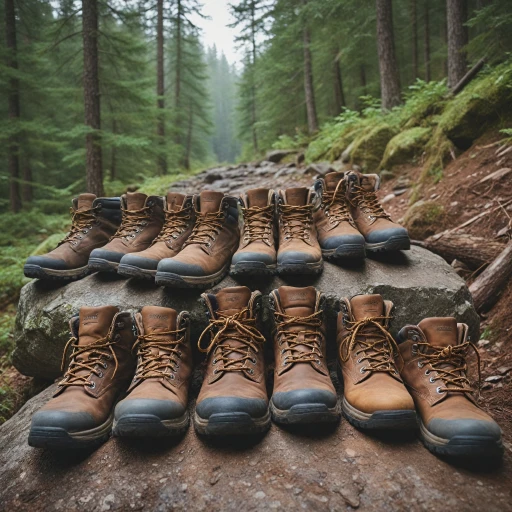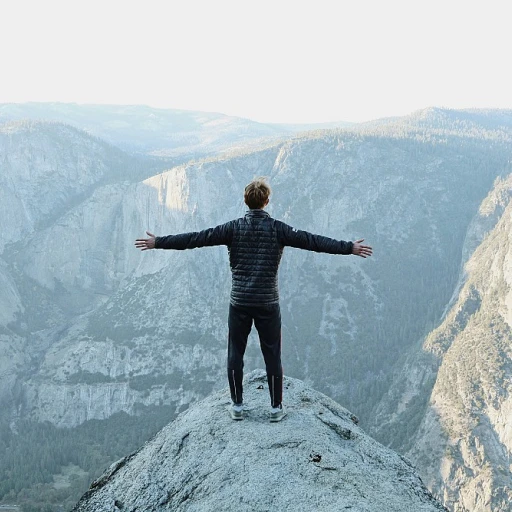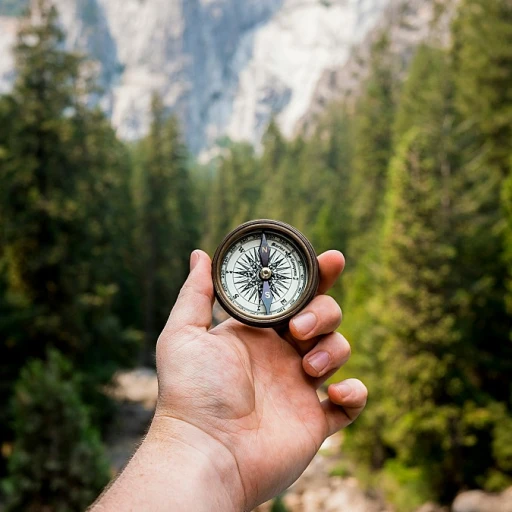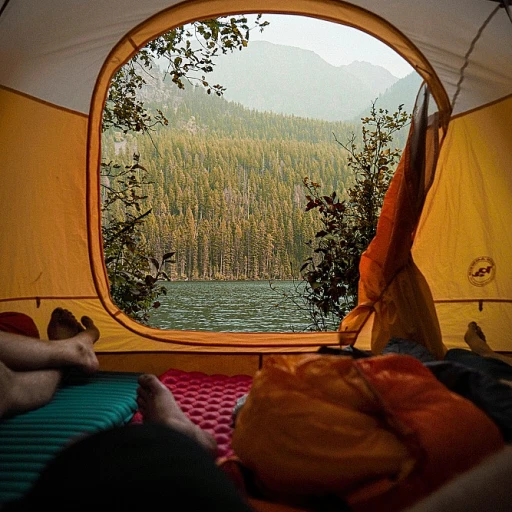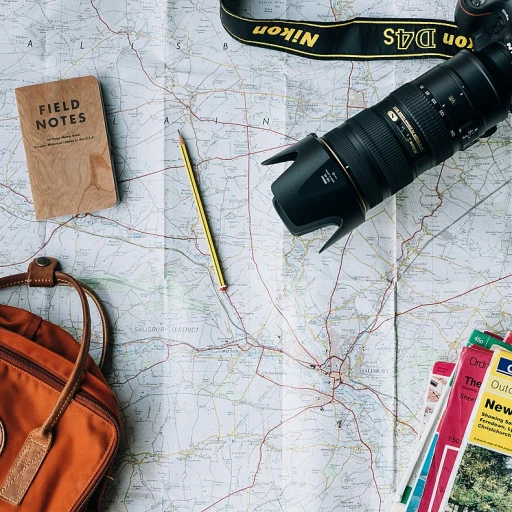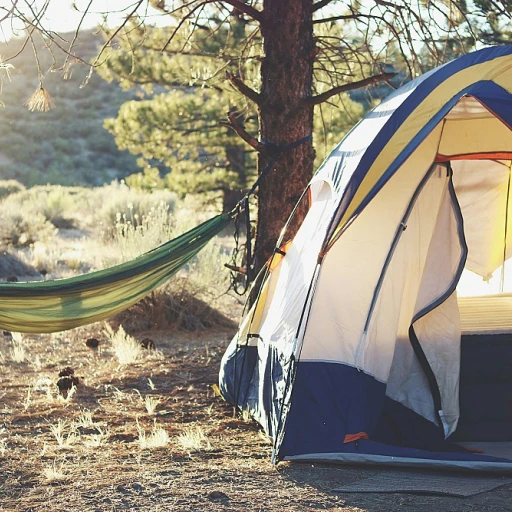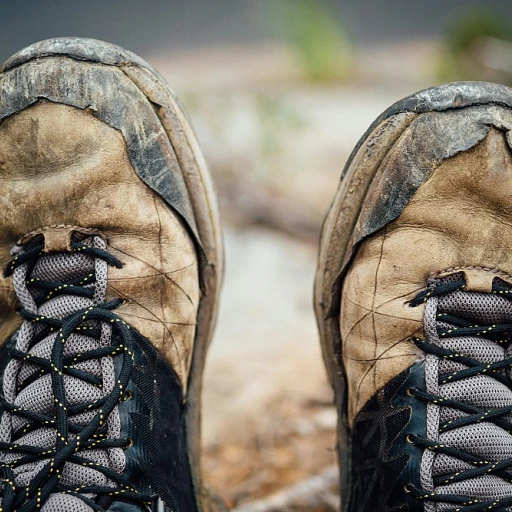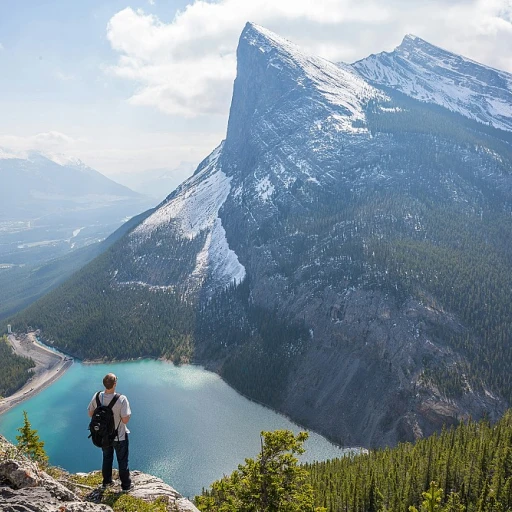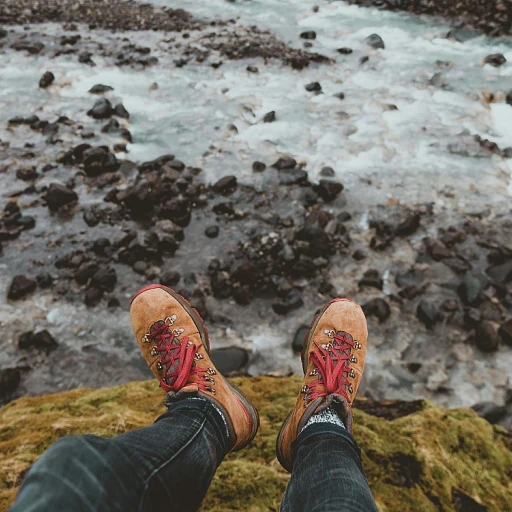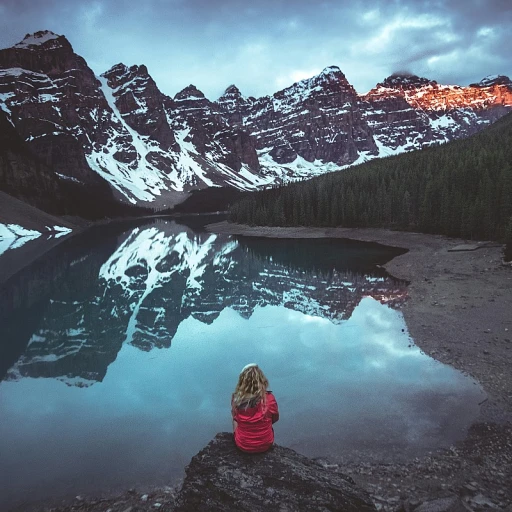
Understanding the Importance of Waterproofing
Why Waterproofing Matters for Your Hiking Footwear
When you're planning to hit the trails, especially in wet conditions, understanding the importance of waterproofing in your hiking footwear is crucial. Hiking in wet environments can lead to discomfort, decreased performance, and even health concerns if your gear isn't up to the task. Here's why proper waterproofing is essential:- Comfort on the Trail: Wet feet can quickly ruin your hiking experience. Once water seeps into your shoes, blisters and irritation can follow, transforming your day hike into an uncomfortable ordeal. Ensuring your hiking boots or shoes have the right waterproofing can help maintain dry and comfortable feet.
- Protection Against the Elements: Waterproof hiking shoes offer a barrier against rain, puddles, and mud, which are common obstacles on many trails. This protection prevents not only discomfort but also potential long-term damage to your footwear.
- Health Considerations: Prolonged exposure to moisture increases the risk of fungal infections and other foot-related complications. Hence, keeping your feet dry is not just about comfort but also about maintaining good foot health.
- Enhanced Durability: Footwear designed to withstand wet conditions typically incorporates materials and technology that increase its longevity, meaning you're making a solid investment by choosing water-resistant options.
Materials and Technology for Water Resistance
Exploring Innovative Materials for Optimal Water Resistance
When embarking on a wet trail, understanding the materials that make hiking footwear water-resistant is key to keeping your feet dry. Several advancements in technology have made it possible for outdoor enthusiasts to maintain comfort and traction in damp environments.- Gore-Tex Technology: Known for its exceptional waterproofing capabilities, Gore-Tex materials ensure that moisture stays out while allowing sweat to escape, making it a top choice for both men and women in search of water hiking boots.
- Lightweight Synthetic Uppers: Many hiking shoes now feature lightweight synthetic materials that repel water while providing flexibility and comfort. This makes them ideal for day hikes where both weight and water resistance matter.
- Advanced Durable Waterproof Membranes: Some options like the Salomon Ultra incorporate cutting-edge membranes that offer a good balance of waterproofing and breathability. This technology ensures that the boots remain lightweight without compromising on protection.
- Smart Drainage Systems: Water shoes designed for quick drying, such as trail runners or the popular Merrell Moab, often integrate drainage systems allowing water to exit easily. This feature prevents water from being retained inside the shoe, helping to keep feet dry.
Features to Look for in Water-Resistant Hiking Shoes
Essential Features for Wet Weather Hiking Footwear
When venturing into wet conditions, selecting the right features in your hiking boots or shoes is crucial to ensure the best experience. Here are some top qualities to consider:- Waterproof Membranes: Look for footwear equipped with advanced waterproof technologies, such as Gore-Tex. This helps keep your feet dry while maintaining breathability.
- Secure Fit: A well-fitted shoe ensures comfort and prevents water from seeping in. Make sure your shoes have a good lacing system to avoid any slippage on wet trails.
- Durable Materials: Opt for shoes or boots with robust materials that can withstand rough terrains and wet conditions. Suede, leather, and synthetic uppers offer varying degrees of water resistance.
- Traction and Grip: Wet trails can be slippery. Choose hiking shoes with a reliable outsole traction pattern to ensure a good grip on wet and muddy surfaces. Vibram soles are a popular choice among trail runners and hikers.
- Comfort and Support: Prioritize comfort with cushioned insoles and supportive midsoles, especially if planning a long day hike. A lightweight pair with proper cushioning can make a significant difference.
- Quick-Drying Capability: After crossing streams or trudging through rain, quick-drying features can be the best solution to avoid prolonged wetness.
- Breathability: While keeping water out is important, ensuring your feet can breathe will prevent sweat build-up. Look for designs that balance both, such as mesh fabrics combined with waterproof membranes.
Top Picks for Water-Ready Hiking Shoes
Top-rated Hiking Gear to Tackle Wet Trails: Our Recommendations
When it comes to conquering wet trails, not all hiking shoes are created equal. After examining various options, we've compiled a list of some top choices that have consistently proven themselves in damp environments. Whether you're seeking more comfort, lightweight designs, or superior waterproof technology, these picks are sure to meet your hiking needs:
- Merrell Moab 2 Mid Waterproof Boots: Known for their versatility and comfort, these boots offer excellent protection with a waterproof membrane and a breathable mesh lining. The Vibram outsole provides reliable traction, making them ideal for the rocky terrains you might encounter on a rainy day.
- Salomon X Ultra 3 GTX: A favorite among both men and women hikers, these boots are well-regarded for their Gore-Tex lining that keeps water at bay while allowing your feet to breathe. Their lightweight design and secure fit ensure optimal performance on slick, muddy trails.
- Astral Loyak Water Shoes: For those who prefer low-profile alternatives, these water shoes deliver excellent grip and quick drying capabilities. Perfect for river crossings or coastal hikes, they are a solid choice when you want to keep weight down without sacrificing functionality.
- Columbia Redmond V2 Waterproof: Affordable yet effective, the Redmond V2 combines a durable suede and mesh upper with advanced technology to keep your feet dry. It's a great budget option for those seeking quality without a hefty price tag.
- KEEN Targhee III Waterproof Mid: Built for rugged conditions, these boots are equipped with a KEEN.DRY waterproof membrane and offer enhanced support and stability. They're a popular choice for those longer daytime hiking adventures.
These picks, curated for both comfort and optimal performance, will serve you well when faced with challenging water conditions. Whether you prefer boots, lightweight shoes, or sandals, each choice combines the essential features to keep your feet dry and comfortable on the trail. Remember, selecting the right gear is key to enhancing your hiking experience, especially in unpredictable weather conditions.
Caring for Your Hiking Shoes in Wet Conditions
Tips for Keeping Your Hiking Shoes in Pristine Condition
To ensure your water-resistant hiking footwear stays in top shape, it’s essential to pay attention to proper care and maintenance. Taking the time to clean, dry, and store your shoes correctly will not only prolong their life but also maintain their water-repelling capabilities. Here are some helpful tips to get you started:
- Cleaning: After a day of tackling wet and muddy trails, it’s crucial to clean your hiking boots thoroughly. For lightweight options like trail runners or hiking footwear, remove any dirt or debris with a soft brush. Use mild soap and water to clean the exterior, making sure to avoid soaking the insides completely to preserve the waterproof membrane.
- Drying: Proper drying is key to maintaining the structural integrity and water-resistent features. Remove insoles and laces, and let them air dry separately. Avoid direct sunlight or heat sources, as these can cause materials to warp. For quicker drying, consider stuffing the boots with newspaper to absorb excess moisture.
- Storage: Store your shoes in a cool, dry place to prevent mold and mildew. Adequate ventilation ensures the boots remain odor-free and comfortable for your next hiking adventure.
- Waterproofing Treatment: To enhance the water-resistance over time, applying a waterproofing spray or conditioner recommended for your specific shoe material can be beneficial. Always ensure the shoes are clean before applying any treatment.
Maintaining your waterproof hiking shoes is about preserving comfort, avoiding unnecessary weight, and ensuring your feet stay dry throughout your adventures. By considering these steps, you'll guarantee your gear is always ready for the trail, whether you're tackling a day hike or a multi-day trek through rugged terrain.
